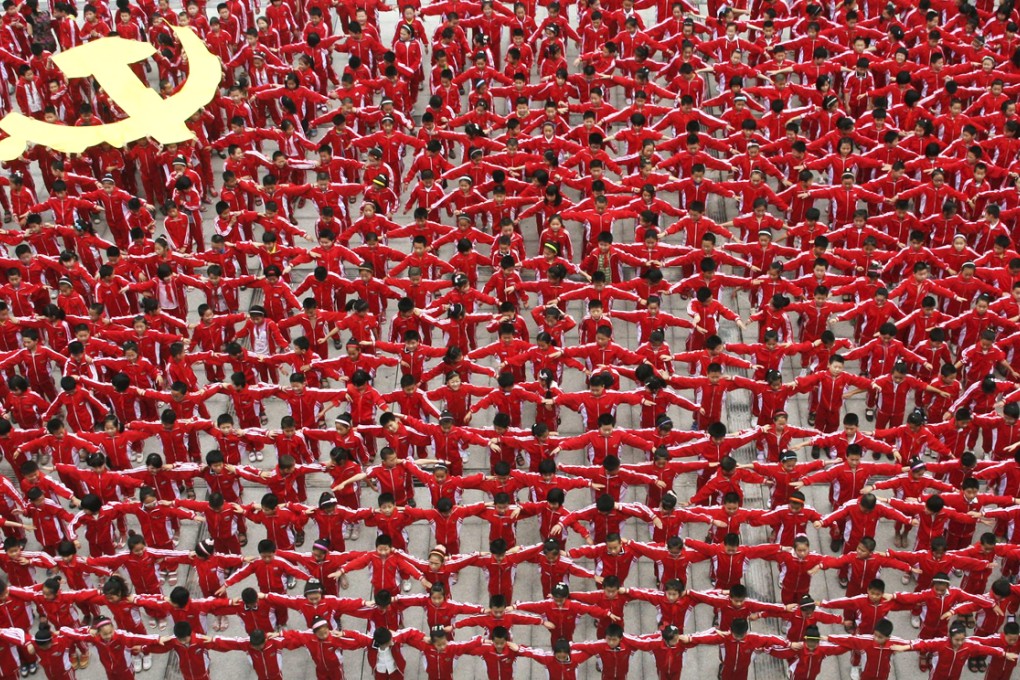Academics' questions point to Communist Party divide over dogma
Party scholars raise series of agenda-setting questions, reflecting differing internal views on how to merge ideology with economic reality

The Communist Party must bridge ideological divides that are driving a wedge between its factions, party analysts have said ahead of a key meeting this month.
Academics at the Central Party School have raised eight ideological questions, the answers to which they say will be crucial to the direction of the country's development, according to a report by Shanghai Thinkers Forum, a theoretical journal run by the Shanghai Academy of Social Sciences.
The article was also posted on the People's Daily website.
The questions revolve around the need to maintain the traditional communist ideology as the party tries to establish a capitalist-style market economy.
The issues run from the contradictions between the tenets of socialism and market economics; to how to promote core socialist values; and the need to settle the theory of class struggle.
Question marks have also been raised over interpretations of Soviet-era Marxism, modern governance of state affairs, the role of market forces in resource distribution, the coexistence of Marxism and traditional Chinese culture, and the mechanics of a market economy under a centralised government.
The article comes as the party prepares for its fourth plenum in Beijing on October 20-23, a gathering expected to cover major political and ideological issues, including the rule of law and judicial reform.